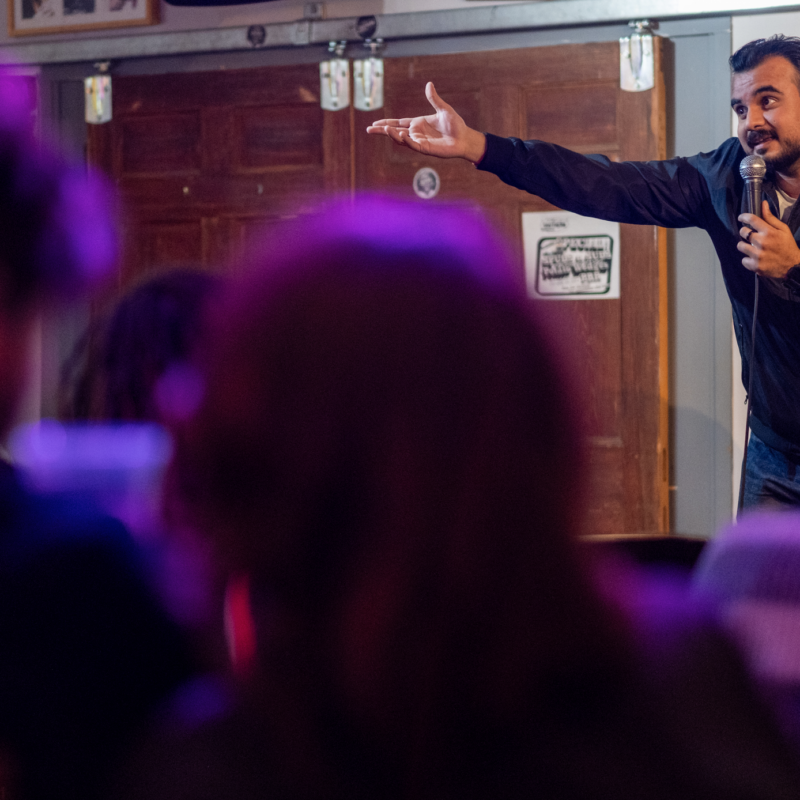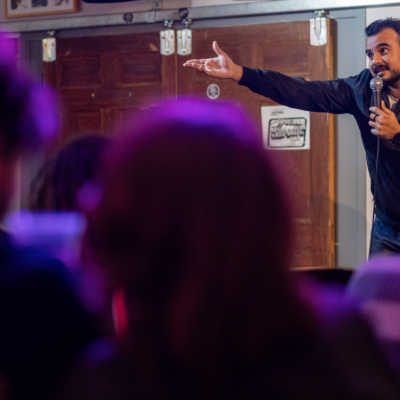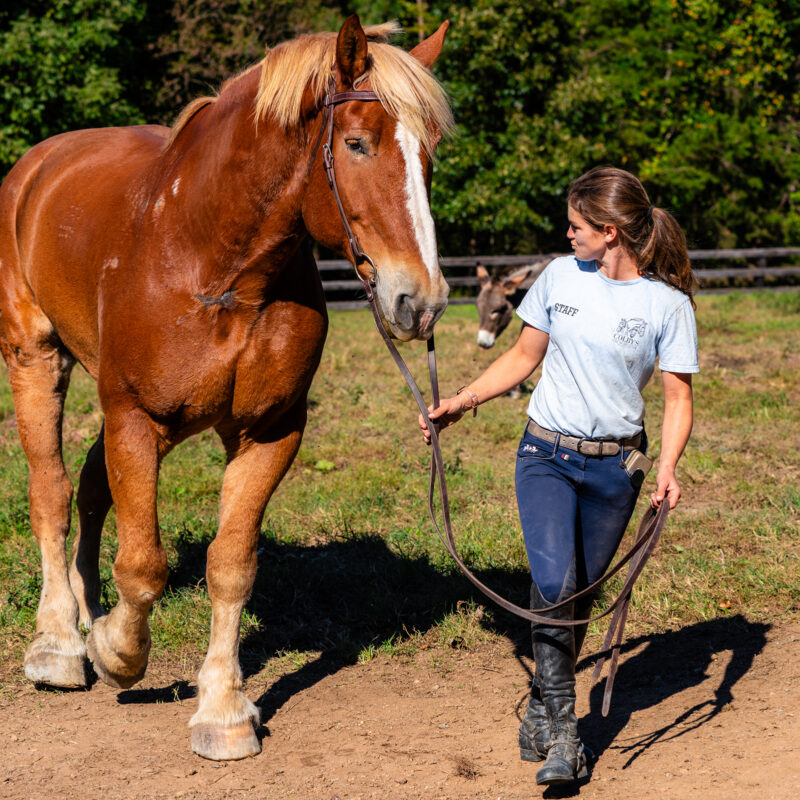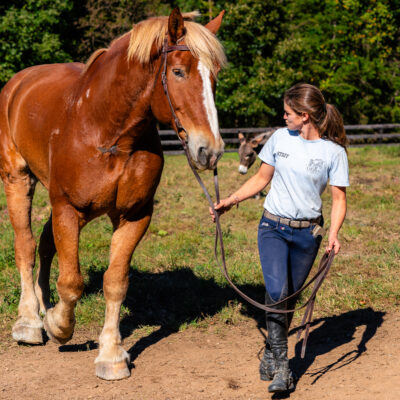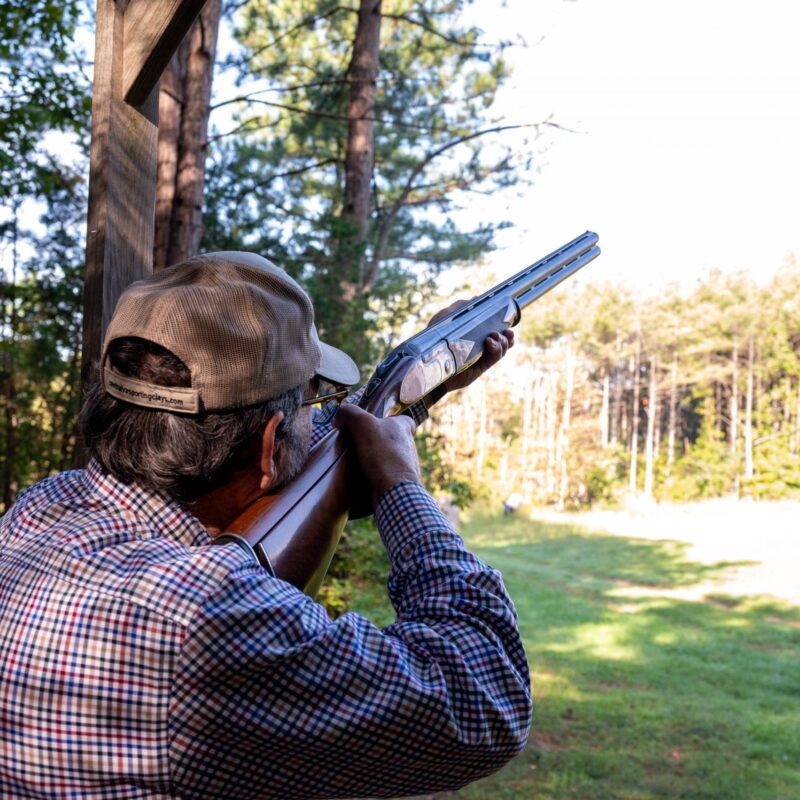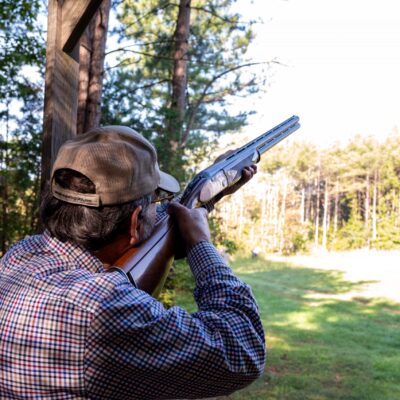Ben Harper, the songwriter and slide guitar player, played an important role in one of this new decade’s most amazing TV moments. On the final episode of the ill-fated “Tonight Show with Conan O’Brien,” along with members of ZZ Top, Max Weinberg and O’Brien himself, Harper played slide guitar on “Freebird.” His show at the Pavilion next week might not reach such heights. But he will play songs from last year’s White Lies in a Dark Time with a new backing band. Like the Ben Folds Five before them, Harper’s Relentless7 is, in fact, a three-piece, and like Blueshammer (the fictional band from Ghost World), the band plays hard-driving, virtuosic roots rock. Click here for a chance to win free tickets.
|
Ben Harper’s (left) new band Relentless7 rocks much harder than his old band, the Innocent Criminals. But Harper says he’s keeping both bands alive. |
How did you get in on the last episode of the “Tonight Show with Conan O’Brien”?
I was invited by Conan.
Maybe that was too curt. What a great honor it was to be a part of that and invited to be a part of that. I was blown away by that last show. I thought what Conan said was crucial, about fighting off cynicism, especially for young people but for all people. And, you know, I’m Conan’s biggest fan. He’s just a good, great person. And I can’t wait to see what he does next.
Your life seems good. You’re married to Laura Dern, you have a nice family, the American political climate has arguably improved. And yet on your new album,
White Lies for Dark Times, your music sounds downright angry. What are you angry about?
You know, it kind of comes from keeping my eyes open and probably some other place from where I put my anger on your anger, and it makes it even angrier. But when you really lift your head up, the minute you’ve committed to doing good in one place, you know, you throw a rock and you’re going to hit a problem…We get 24 hours a day. Eight we’re sleeping, eight we’re probably doing something we have to and not want to. That means you get eight hours you can call your own every day you can do something with, and I’m not sure I’m a fan of that equation.
As an activist, you’ve been an advocate for causes from environmentalism to Burmese political prisoners. Do you find that your audience is receptive to your politics?
I think the crowd I’m in front of is receptive to an intelligent conversation, whether it’s about social justice or the environment, politics or otherwise. I think again they’re a proud group of non-conformists who intelligently question authority, so it’s not as much about what I have to say as about the collective conversation…You know, I end up gravitating toward causes that I feel sincere about and feel that I can contribute to. And there’s just that pull, you know, there’s just that pull that’s trying to get the most meaning out of one’s life and part of the way I get meaning out of my life is contributing in different ways in different places.
You’ve sold out arenas around the world. What brings you back to smaller venues?
At times I’ve sold out arenas and at other times I have struggled to sell a hundred tickets. I’m all over the map you know and I’m proud of it. It keeps me humble, for one, and it keeps me working hard…Not that I’m a masochist and crave failure on any level, it’s just that I am very appreciative of my trajectory as far as where I’ve come with the music I make. You know, I’m a slide guitar player. I’m glad to have a hustle at all.
What is your dream collaboration?
Bob Dylan.
Why?
That’s probably because, everyone in my seat, that’s probably the stock answer…You know what, fuck that. You know why? Because I think I’d have something to bring to the table. That’s the truth. I really think that there’s a conversation that could be a great one.
How has your music has changed throughout your career?
You know, it has changed a lot and sometimes it comes full circle and lands exactly where it started. Like that version of “My Father’s House,” that’s out there on YouTube and at the Kennedy Center Honors this year. It didn’t make the, not the televised version but the extended version that’s out there in the world. You know that’s exactly where I started and I did a cover of "My Father’s House," so again, sometimes it grows, certain sounds represent an evolution from where I’ve started and certain songs bring you right back.
At the Kennedy Center Honors in December, even the First Lady was visibly in awe of your performance of “My Father’s House.” How did you feel when you saw the video later?
That was seeing it from a different perspective and I was…no one should ever be overly amused or impressed with themselves, so I’m going to avoid that at all costs, if you don’t mind but I was proud of it, it was a proud moment for sure. It was as proud of a musical moment as I’ve ever had in my life and I’m glad if was caught on camera.
What did you initially hope, and hope even now, to accomplish with your music?
What I wanted to accomplish with my music is what I feel strongly has been accomplished. It represents different things to different emotions and different things to different people, hopefully, but I’ve always set out to make the music I want to make with no compromise, and thanks to the fans out there and with Virgin records I’ve been allowed and able to do that completely unhindered. And I’m super exited about how that’s reflected into the world. When I do shows I am proud and excited to be playing in front of the people I am. It’s a great group of nonconformists and I’m proud to be a part of them.
How did your upbringing influence your music?
Musically, socially and politically my family is the foundation of where I’ve come to. My mom is a songwriter, singer, guitar player. My dad was a musician, a drummer. My grandmother used to teach autoharp guitar and banjo. I was raised in a music store in Claremont, California, in and around the Claremont colleges. My grandfather was a poet and published books.
I know people that came from absolute creative silence in their homes and are incredible musicians, so there are no rules. It doesn’t take any specific pedigree other than your calling you know, if it’s in you, you’re going to find your way to it eventually, I’ve always believed. But in my case, I was raised around a heightened level of music and artistic creativity around music.
The music stores is called the Claremont Music Center and its also a musical instrument and artifact museum, and so, on any given day, Leonard Cullen could come in, or Jackson Browne could come in, and those are just the names you might recognize. Some of the greatest musicians you’d ever see or hear, they would come in on a daily basis as well. So you know at nine in the morning a djembe player would come in and then at 5:30 the greatest guitar player would come in and that was kind of the bookends to my everyday life.
What were you looking for from your new band, Relentless7? What did you think you found that you didn’t think you could achieve with Innocent Criminals?
With Relentless7 I just knew I wanted to get in the room with those four individuals. When we got in a room, we weren’t going into the studio saying let’s become a band, let’s create a record. I just wanted to revisit the chemistry that we had explored on Both Sides of the Gun on the song "Serve Your Soul." That was 2005. In between that time I made another record with Innocent Criminals called Lifeline. After Lifeline we toured Lifeline and then there was a stopping point before the Innocent Criminal tour that I was on and so I was like I gotta get back in the studio with those four guys.
There was nothing planned. I wasn’t brining music, we weren’t brining anything in particular, we were just go in in to see if the chemistry from Both Sides of the Gun was what we all thought it might be and two weeks later, pretty much, we had collected 14 or 15 songs and we felt strong enough about the material that collectively, you know as Relentless7, we felt strong enough about it to release it—not only to put it out, but knew it had to have its own name and its own band to represent it.

